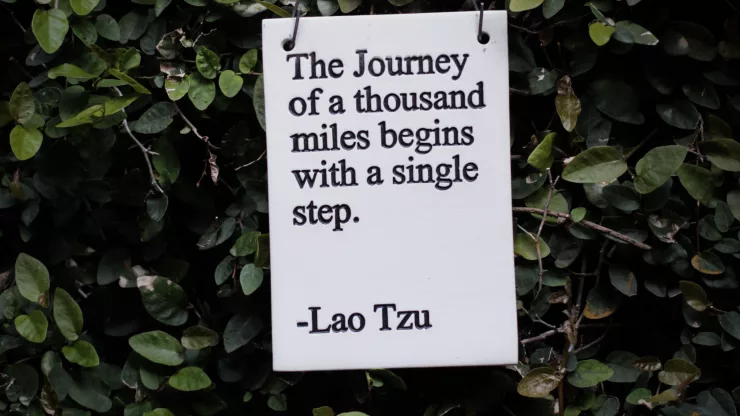Adjusting to Life Transitions: Essential Coping Strategies
Life is full of transitions, and while some may be anticipated and welcomed, others can be unexpected and difficult to navigate.
Whether it is moving to a new city, starting a new job, or experiencing a loss, these transitions can be stressful and overwhelming.
However, with the right coping strategies, it is possible to adjust to these changes and even find opportunity within them.
In this article, we will explore essential coping strategies for adjusting to life transitions.
Jump to Section
The Importance of Coping Strategies
Coping strategies are essential for adjusting to life transitions. They help us manage stress, anxiety, and other negative emotions that may arise during these periods of change.
Coping strategies also help us build resilience, which is the ability to bounce back from difficult situations.
Without coping strategies, we may feel overwhelmed and unable to adapt to our new circumstances.
Identifying Your Personal Coping Style
Everyone copes with stress in their own way, and it is important to identify your personal coping style.
Some people may prefer to talk to friends or family members, while others may prefer to exercise or meditate.
By identifying your personal coping style, you can create a plan that works best for you.
Here are some common coping styles:
- Problem-focused coping: This involves taking action to solve the problem causing stress. For example, if you are experiencing financial stress, you may create a budget or seek financial advice.
- Emotion-focused coping: This involves managing the emotions that arise from stress. For example, if you are feeling anxious, you may practice relaxation techniques or seek therapy.
- Avoidant coping: This involves avoiding the problem causing stress. For example, if you are experiencing relationship stress, you may avoid the person causing the stress.
Building a Support System
Having a support system is essential for adjusting to life transitions. Your support system can provide emotional support, practical assistance, and advice.
It is important to reach out to friends, family members, or a therapist for support during times of change.
Here are some ways to build a support system:
- Join a support group: This can provide a safe and supportive space to share your experiences with others who are going through similar transitions.
- Seek professional help: A therapist can provide emotional support, guidance, and tools to help you cope with stress and adjust to change.
- Connect with friends and family: Reach out to loved ones for emotional support and practical assistance.
Embracing Change and Finding Opportunity
Change can be difficult, but it can also provide opportunities for personal growth and development. By embracing change and looking for opportunities within it, you can find a sense of purpose and meaning.
Here are some ways to embrace change:
- Focus on the positive: Try to focus on the positive aspects of the change, such as new opportunities or personal growth.
- Set goals: Setting goals can help you stay focused on the future and give you a sense of purpose.
- Learn new skills: Use this time to learn new skills or pursue new interests.
Practicing Self-Care and Resilience
Practicing self-care and building resilience is essential for adjusting to life transitions.
Self-care involves taking care of your physical, emotional, and mental well-being.
Building resilience involves developing the skills and tools to bounce back from difficult situations.
Here are some ways to practice self-care and build resilience:
- Exercise regularly: Exercise can help reduce stress and improve overall well-being.
- Practice mindfulness: Mindfulness can help you stay present and reduce stress.
- Get enough sleep: Getting enough sleep is essential for physical and emotional well-being.
- Practice self-compassion: Be kind to yourself during times of stress and change.
FAQ
How long does it take to adjust to a life transition?
The amount of time it takes to adjust to a life transition varies from person to person. Some people may adjust quickly, while others may take longer.
It is important to be patient with yourself and allow yourself time to adjust.
What if I am still struggling to adjust?
If you are still struggling to adjust, it may be helpful to seek professional help. A therapist can provide emotional support, guidance, and tools to help you cope with stress and adjust to change.
What if I am experiencing anxiety or depression during a life transition?
If you are experiencing anxiety or depression during a life transition, it is important to seek professional help. A therapist can provide emotional support, guidance, and tools to help you manage these symptoms.

With a deep passion for personal development, Ben has dedicated his career to inspiring and guiding others on their journey towards self-improvement.
His love for learning and sharing knowledge about personal growth strategies, mindfulness, and goal-setting principles has led him to create My Virtual Life Coach.
Contact Ben at [email protected] for assistance.




